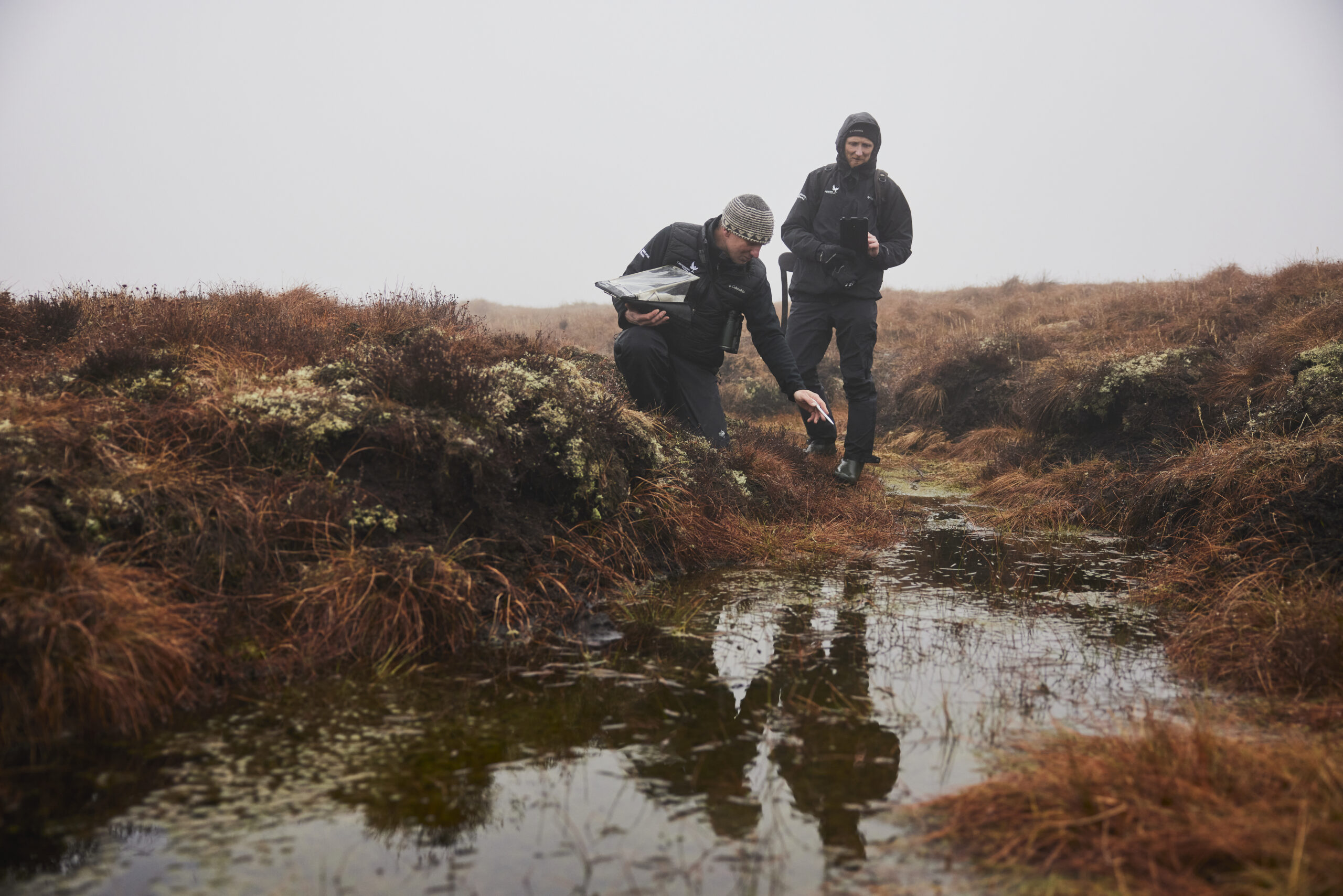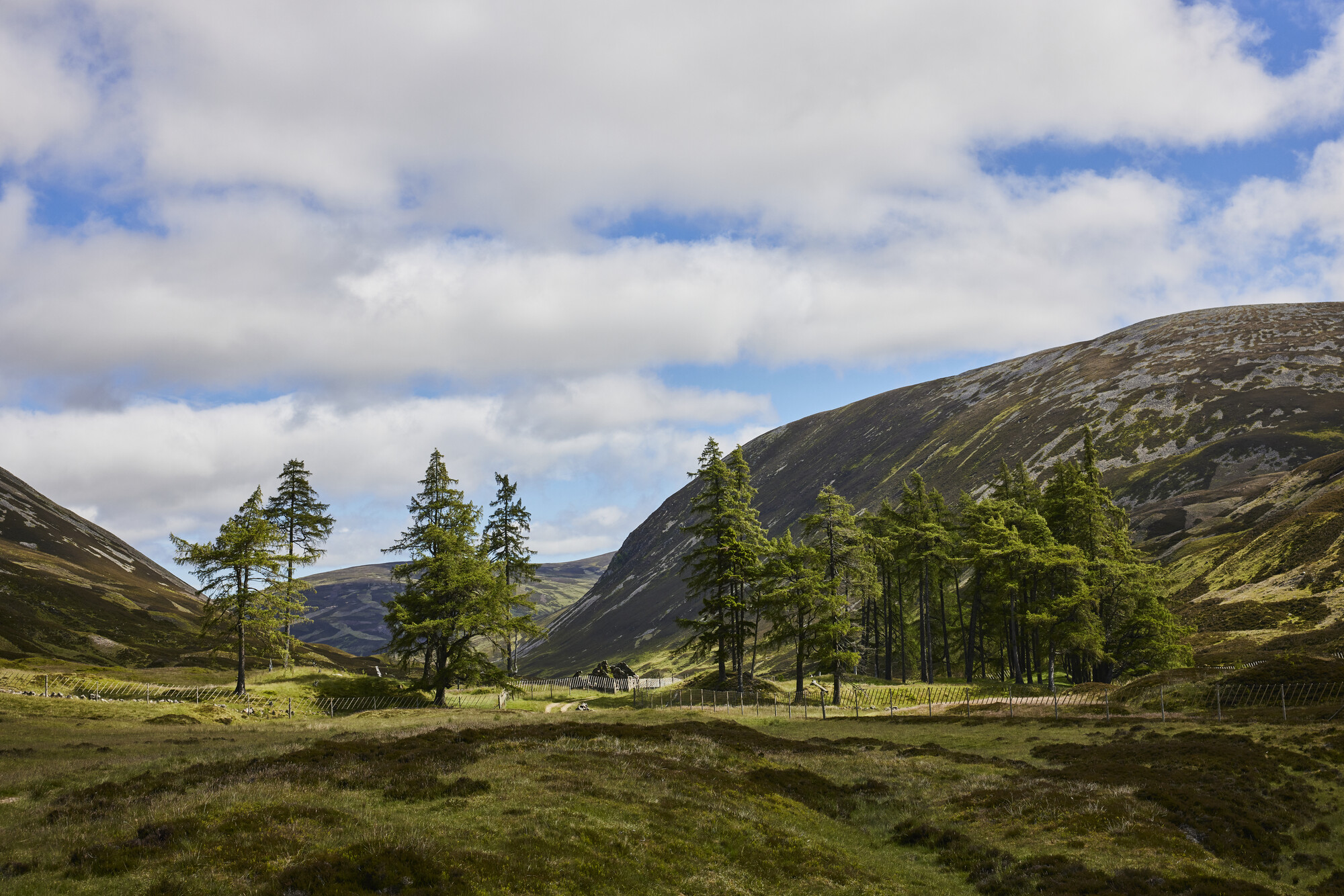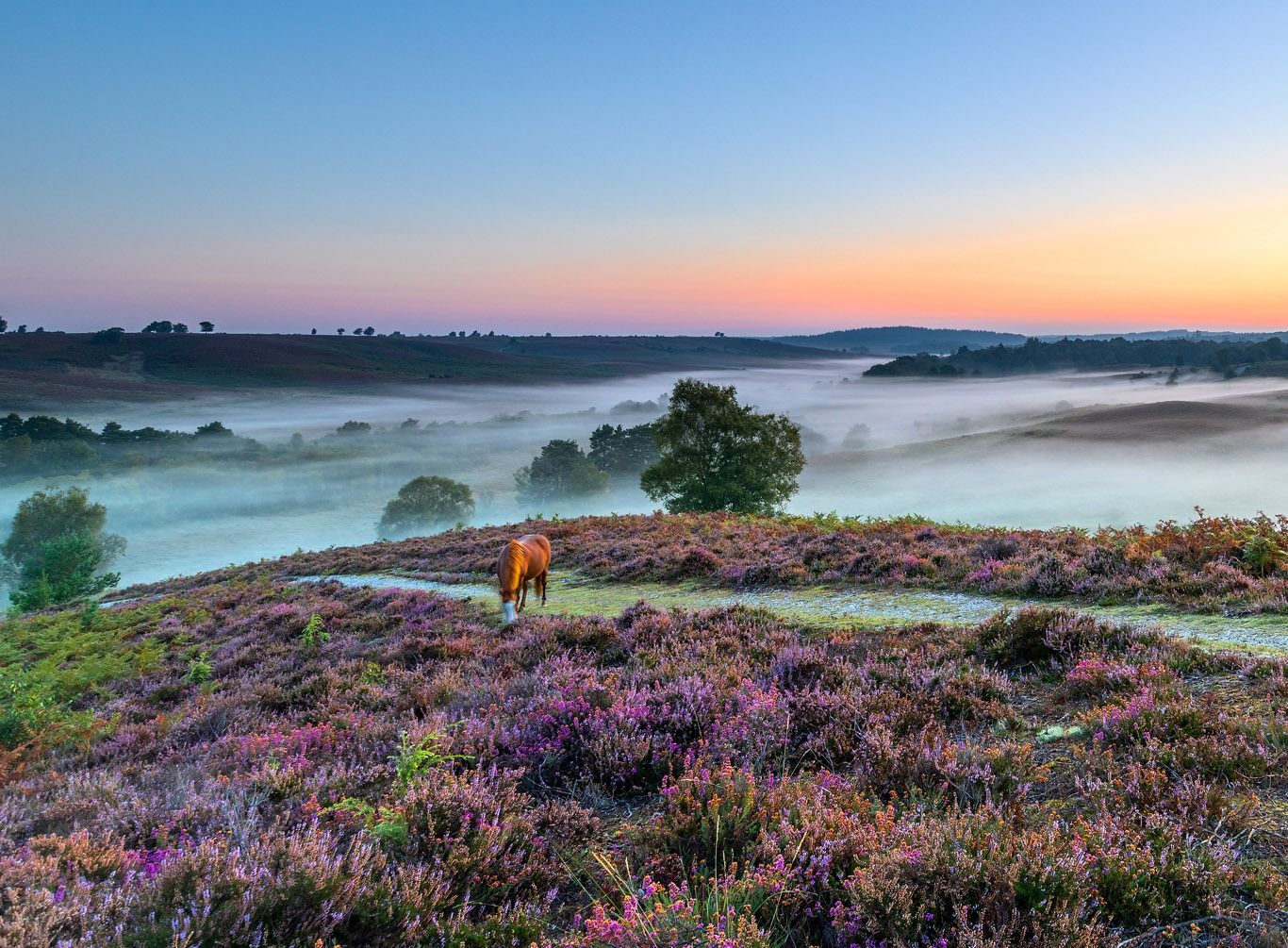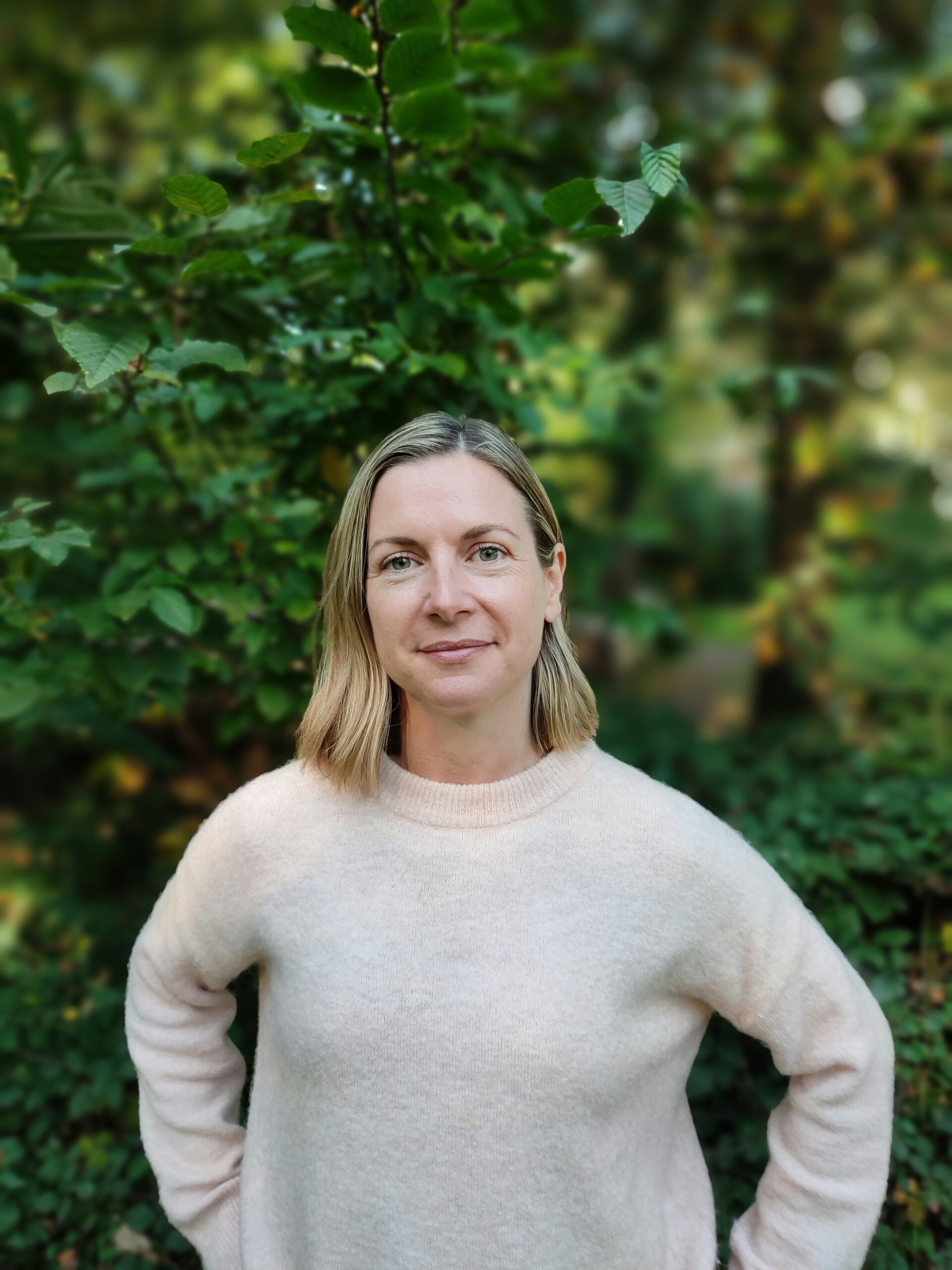When it comes to land managers using their space to make changes for nature, one size most definitely doesn’t fit all. From large estates to tenant farmers to smallholders, each business is different, and presents unique opportunities and challenges when considering how to integrate nature-based solutions.
We’re demanding more and more from our land and balancing those demands is increasing, so navigating the way through changing policy and emerging markets intended to mitigate the climate crisis and nature loss can be complicated and overwhelming.
Listening to land manager’s needs
In the past 18 months the team at Revere have worked with an array of stakeholders whose farming systems are set to change over the coming years as the need to adapt and diversify in response to the changing climate becomes more urgent. During this time, we have not only talked to the people who will play a vital role in the future of the UK’s climate and nature, we have also listened.
While larger land managers can have the scale and resource to engage in natural capital on their own, small and medium sized farmers often do not.
The market for nature-based carbon is still very new. Specialist support is required to ensure that farmers are paid a fair price for their carbon credits. At present, there are no standardised contracts for farmers and the market lacks regulation. We think that for the market to be completely efficient and fair, it needs standardisation and regulation. Without those interventions, it’s very daunting for smaller businesses and they are at risk of being excluded. For the markets to function properly, to deliver for nature and maintain the social fabric of rural communities, it’s vital that small and medium sized farm businesses can engage with nature-based solutions.
We often hear about the need for restoration to take place at landscape scale. We agree that it does, but not at the cost of farms that don’t have access to large areas of land. Restoration can still happen over large areas through projects where farm businesses collaborate across a landscape. Land use change or adaption can then take place at a scale and on land that makes sense to each business and be designed to create greater habitat connectivity.
Creating farming cluster groups
One option for land managers is for them to come together to form farming cluster groups, which Revere can help support. Not only will this give them greater power in numbers –exchanging ideas and creating a network of support – but it will also allow them to participate in natural capital markets to create new and profitable income streams: sharing costs and leveraging selling power to protect the jobs and culture of their communities and the landscapes that they steward.
The National Parks have a long history of supporting farmers in protected landscapes. They are a critical part of the social and economic fabric of the UK, and it is essential they play a central role in tackling the climate crisis. At Revere, we want to make sure that those farm businesses and the communities that are formed around them thrive as part of a just transition to net zero.
We are in the process of designing large-scale woodland projects which would allow groups of farmers to work together to pool their resources, creating bigger and better habitats that will provide access on an equal footing to the carbon credit market.
Farmers need to lead in the design of projects
One thing that we know is vital to success, is that farmers lead in the design of the projects to make sure that they integrate with and complement their existing business operations. Revere can provide expert support to farmers who want to create woodlands and sell carbon credits: dealing with the raising of capital to cover the costs of planting, sourcing and due diligence of carbon offtakers. Collaborative working is key to getting the best results for people and nature and we want to be at the forefront of this change to help support businesses of all scales in this new and ever-changing landscape.










